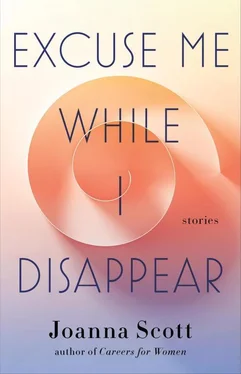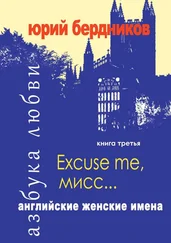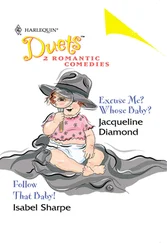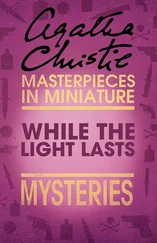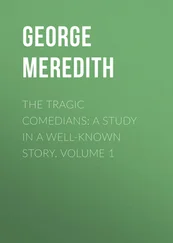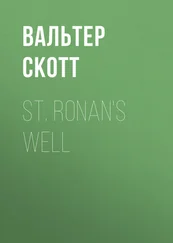History is what happens in books the American woman does not have the time to read now that she is gainfully employed in a field that requires an exhausting amount of attention to numbers. She is clever when it comes to analytics, she likes the work, and she has earned her vacation. She cannot be blamed if she does not understand the purpose of the procession she is marching in, or why she ends up on the public beach, or who lit the bonfire that is crackling on the sand.
To be honest, I don’t speak the local language much better than the American and her friends do, and I would have been just as confused as they were that day if I hadn’t happened to meet a man who knew Luca’s wife. It was from him I learned about Luca and Mario, their families, their pasts, their work, and the bonfire that broadcast the wide reach of the government’s crackdown on dissent and announced the end of Luca’s career.
All the American knows when she is in the midst of the scene is that a pile of broken wooden chairs and crates, twigs, newspapers, old shoes, driftwood, and dried-up jellyfish carcasses has been set alight. The flames lick at the cloudless sky, reaching toward the sun. Scattered applause breaks out as into the fire is emptied a box full of papers whose significance the woman cannot guess. But she can imagine. She can’t keep herself from imagining. It is mysterious, since she is necessarily so clueless, that as she watches the pages curl and dissolve into ash and smoke, the enormity of the loss stirs in her an overwhelming awareness.
I am grateful to the editors and staff who gave these stories their first home in the following journals: Black Clock, Conjunctions, Imagistic, Puerto del Sol, Ocean State Review, The Yale Review. “Excuse Me While I Disappear” was reprinted, under the title of “Whimper,” on Lit Hub. “Principles of Uncertainty” was reprinted in Porous Boundaries (University of Manchester Press). Thank you to Bill Henderson and the editors for including “The Knowledge Gallery” and “Infidels” in the Pushcart Prize anthologies. Special thanks to Bruce Bauman, Steve Erickson, and Brad Morrow, who with their innovative writing and creative prompts fire up my imagination. And a big thanks to students and colleagues at the University of Rochester for keeping me on my toes.
Thank you to Reagan Arthur, Michael Pietsch, Jean Garnett, Betsy Uhrig, Albert LaFarge, and all at Hachette who have transformed this collection into a book and helped it reach readers.
I am grateful to the Bogliasco Foundation and the James Merrill House committee for life-changing gifts of residencies, providing me with crucial time, along with beautiful settings and new friendships.
Geri Thoma, steady beacon for four decades—thank you.
Jim, Kathryn, Alice—thank you for making it all possible.
Discover Your Next Great Read
Get sneak peeks, book recommendations, and news about your favorite authors.
Tap here to learn more.

Joanna Scott is the author of twelve books, including Arrogance and Various Antidotes, both PEN-Faulkner finalists, The Manikin, a finalist for the Pulitzer Prize, and Follow Me, a New York Times Notable Book. Her awards include a MacArthur Fellowship, a Lannan Literary Award, a Guggenheim Fellowship, and the Rosenthal Award from the American Academy of Arts and Letters. Scott is the Roswell Smith Burrows Professor of English at the University of Rochester.
Novels
Careers for Women
De Potter’s Grand Tour
Follow Me
Liberation
Tourmaline
Make Believe
The Manikin
Arrogance
The Closest Possible Union
Fading, My Parmacheene Belle
Story Collections
Everybody Loves Somebody
Various Antidotes
The characters and events in this book are fictitious. Any similarity to real persons, living or dead, is coincidental and not intended by the author.
Copyright © 2021 by Joanna Scott
Cover design by Lucy Kim
Cover photograph copyright © Shutterstock
Cover copyright © 2021 by Hachette Book Group, Inc.
Hachette Book Group supports the right to free expression and the value of copyright. The purpose of copyright is to encourage writers and artists to produce the creative works that enrich our culture.
The scanning, uploading, and distribution of this book without permission is a theft of the author’s intellectual property. If you would like permission to use material from the book (other than for review purposes), please contact permissions@hbgusa.com. Thank you for your support of the author’s rights.
Little, Brown and Company
Hachette Book Group
1290 Avenue of the Americas, New York, NY 10104
littlebrown.com
First ebook Edition: April 2021
Little, Brown and Company is a division of Hachette Book Group, Inc. The Little, Brown name and logo are trademarks of Hachette Book Group, Inc.
The publisher is not responsible for websites (or their content) that are not owned by the publisher.
The Hachette Speakers Bureau provides a wide range of authors for speaking events. To find out more, go to hachettespeakersbureau.comor call (866) 376-6591.
ISBN 978-0-316-49877-7
LCCN 2020949142
E3-20210329-DA-NF-ORI
I came across the story of C when I was browsing at a used bookstore in Ithaca. I read the case history while standing in the aisle. Stupidly, I left without purchasing the book. When I returned for it later, the book was gone. I don’t recall the title. C’s story, however, left an indelible impression in my mind.
The book C was reading consisted of late chapters extracted from Edward Gibbon’s classic work and republished in a pocket edition titled simply The Crusades . I have checked the quotes for accuracy.
One study has gone so far as to suggest that the recent dramatic uptick in this phenomenon is due to the simplification of writing necessitated by mobile devices. Smaller screens demand a smaller vocabulary, increasing both our exposure to a smaller number of words and the concurrent increase in semantic satiation. See T. Leonardo, S. Pissoralüpa, and J. M. Merendeskewski, “Neurosemantic Frequency Patterning in ERP DHA Measured Outcomes,” Journal of Neuromorphological Studies 1752, nos. 2–3 (2018): 132–45.
C was probably wrong about the survival of Victor Hugo’s books. Predictive patterns based on data by Leonardo et al. (ibid.) indicate that by the year 2150, the majority of the human species will be illiterate.
